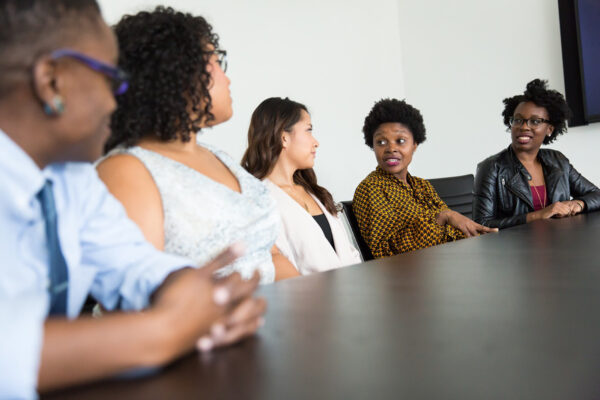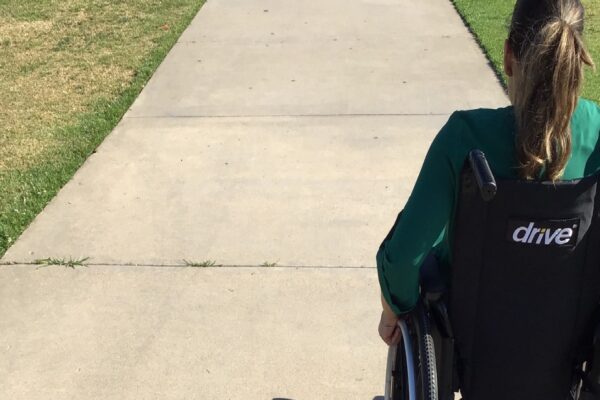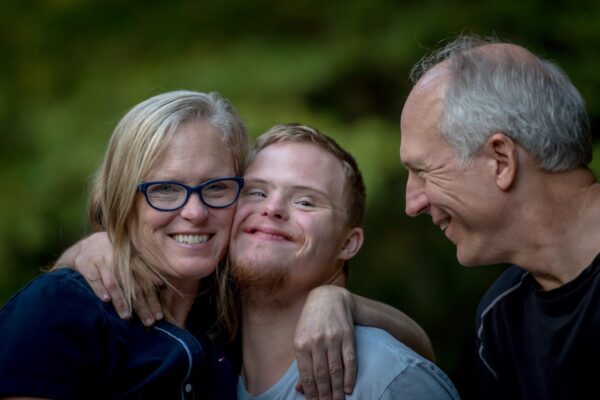By Gwendolyn Monangai
“Independent living is a philosophy – a way of looking at disabilities and society at large,” says Dr. Adolf Ratzka in a 2005 article he wrote for The Independent Living Institute. He goes on to say that prejudice has consequences. It limits opportunities, such as getting the right education (if at all), getting work and/or raising a family. He further stipulates that disabled people are the best experts at what they need.
Disabled people want the same things everyone else wants. Anyone who has shepherded a child or two into adulthood knows there comes a time when the child, as an adult, must become the shepherd of their own life. To find value in their own lives, they should achieve the following in order to self-actualize:
- Self-determination
- Self respect
- Equal opportunity
When these elements we all see are made available then perhaps adults with disabilities – physical and intellectual – can have the opportunity to live as fully an actualized life as do non-visibly disabled people.
Education, work, and families of their own can be possible with the right support, to the best of their ability. When we allow the medical construct of independence versus special education and rehabilitation to be the framework from which we define what is possible for a disabled adult, we fail them. Often we recognize much easily when an able bodied individual loses some of their independence due to an injury or accident that there is much more to their ability than their disability. We tend to more readily accept this from a place of knowing, not only that they are not their disability, even as we grasp the reality of their new “normal”. However, for adults with ability differences from birth, society in general, is challenged by their kind of normal, integration, inclusion and rehabilitation.
Proper and adequate support is key to the degree of independence any adult with disabilities requires to function fully in society. The degree to which these can be achieved depends on a multitude of factors. The level of education of their immediate family, their sophistication in navigating social services, and last but not least, the family support system. Who is available to lend a hand and how is this done without stunting the growth and unfolding of the lives of the rest of the family members? Most often, these responsibilities fall on the parents who sacrifice their own growth, as they live their lives and prepare for a time when inevitably they would no longer be able to care for the adult child. All of this often entails major sacrifices by the parents and those closest to the individual.
The Division of Developmental Disabilities (DDD) mandates a culture of community inclusion. Therefore, we must ensure not only that we meet that standard, but also that we meet the individual at their personal place of normal. It is only then that we can support each person from their perspective with them leading and us following. Fostering their independence is empowering and allows for a fully actualized life; one of their choosing, in which they are supported how and when they need and want to be supported.
“Disability rights are mostly viewed through a social and health construct and not as a justice issue,” Dr. Ratzka said.
I am hard pressed to disagree. But, tomorrow is another day and with that comes another chance for us to be better.



